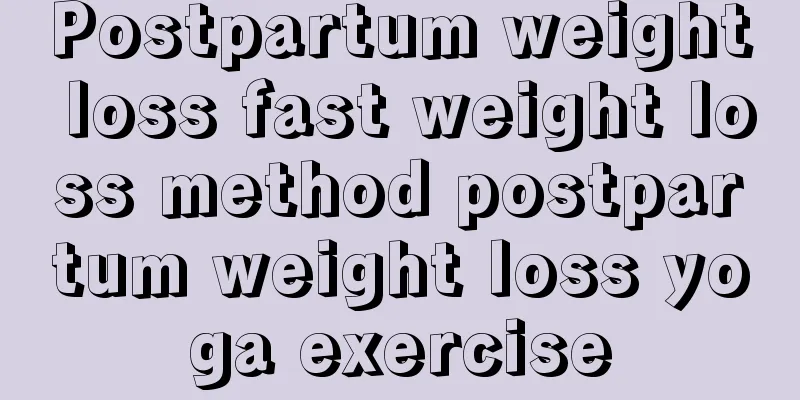How to tell if your baby is allergic to formula milk

|
When the baby is unable to drink breast milk and must rely on formula milk as the staple food, the mother must carefully help the child choose the appropriate formula milk. Although most formula milk ingredients are very close to breast milk, if the baby has an allergic constitution, he or she may be allergic to formula milk and experience diarrhea and vomiting. How to identify a formula allergyDiarrhea with blood: Diarrhea is common for babies, but if it continues for too long and you notice blood in his stool, it is an allergy to the formula. This often causes digestive tract pain.Vomiting that continues for too long: Babies sometimes vomit their food, but if the vomiting continues for too long, and every time the baby vomits, it is a symptom of an allergy because the intestines and esophagus are irritated.Skin rashes: If your baby develops a rash, such as hives or eczema, these may be symptoms of a milk allergy and may cause an itchy sensation.Unusual crying and fussing: If you notice your baby is crying unusually, it could be colic. If you notice he is fussy and restless, it could be because of tummy pain, which could be caused by the protein in the formula.Your baby is prone to colds: If your baby becomes prone to colds and has a stuffy nose, wheezing, and lots of phlegm, this may be his body's way of reacting to the protein in the formula.Constipation or flatulence: Constipation and flatulence are the main causes of discomfort caused by formula milk. Irregular bowel movements can make the baby very anxious and cry easily, so it is best to seek medical treatment at this time.Causes of baby formula allergyOverreaction to foreign substances: Your baby may be allergic to formula because his immune system overreacts to the foreign substance. When your baby drinks formula, his immune system attacks the protein, destroying the component that causes the allergy.Deprivation of nutrients: For the baby, he will not be able to absorb protein because during such an attack, his important nutrients are deprived and the body lacks important proteins.Different allergic reactions: The severity of a baby's allergic reaction is not certain, depending on what kind of allergy the baby has. Some babies will have diarrhea, and some babies will vomit.Genetics: Genetics plays a big role in these allergy cases. If you and your partner are allergic to formula, your baby has a 50% to 80% chance of developing an allergy.What to do if your baby is allergic to formula milkHydrolyzed protein powder: Some formula milk is mainly hydrolyzed protein, which breaks the protein into small particles to reduce the occurrence of allergies. Most babies with allergies can easily digest this milk powder, but it may not completely eliminate allergic reactions.Amino acid formula: If your baby's allergy problem does not improve after drinking hydrolyzed protein formula, then switch to amino acid formula, which is the simplest form of protein. |
<<: Can babies eat wild rice stem? At what age can babies eat wild rice stem?
>>: Does the crib contain formaldehyde? What should I do if the crib smells?
Recommend
What medicine can I take if I catch a cold during breastfeeding? Can I take medicine if I catch a cold during breastfeeding?
When you enter the breastfeeding period, it means...
How to wash diapers for newborn babies
The urinary system of a newborn baby is not well ...
Can I eat green dates during breastfeeding? Can I eat green dates during breastfeeding?
Many people like to eat jujubes, which have a goo...
How many days can a newborn baby drink water? When does a newborn baby start drinking water?
My baby was born not long ago and has been fed wi...
Can I eat yam after I get pregnant? Yam can promote fetal development
A few days ago, a pregnant mother asked me if I c...
Is it good for babies to drink soup? At what age can babies drink soup?
Many babies have reached the age where they can s...
What causes babies to cough in winter? What can babies eat to get better quickly when they cough in winter?
In winter, many babies will have symptoms of coug...
Is it better to have a caesarean section by transverse or vertical section? What is the difference between a caesarean section by transverse or vertical section?
There are two ways for women to give birth: natur...
Can I take a bath every day during the summer confinement period? Can I take a bath every day during the summer confinement period?
Summer is coming soon. In the hot summer, can mot...
The main reason for infant spitting up milk and the treatment method for infant spitting up milk
Usually, many babies will spit up or spit up milk...
What should I do if my baby has diarrhea in autumn? What are the causes of diarrhea in babies in autumn?
What should we do if our baby has diarrhea in aut...
Is it good to have liposuction after childbirth? How long after childbirth can I have liposuction?
In order to regain their figure as soon as possib...
How long does it take for a newborn's nasal congestion to heal? At least a week
Newborns have weak resistance, so we need to take...
Does applying nail polish affect pregnancy? Does applying nail polish affect pregnancy?
Nail polish is an indispensable part of modern ma...
What should I do if my child sees me having sex?
Parents with children are likely to be caught by ...









